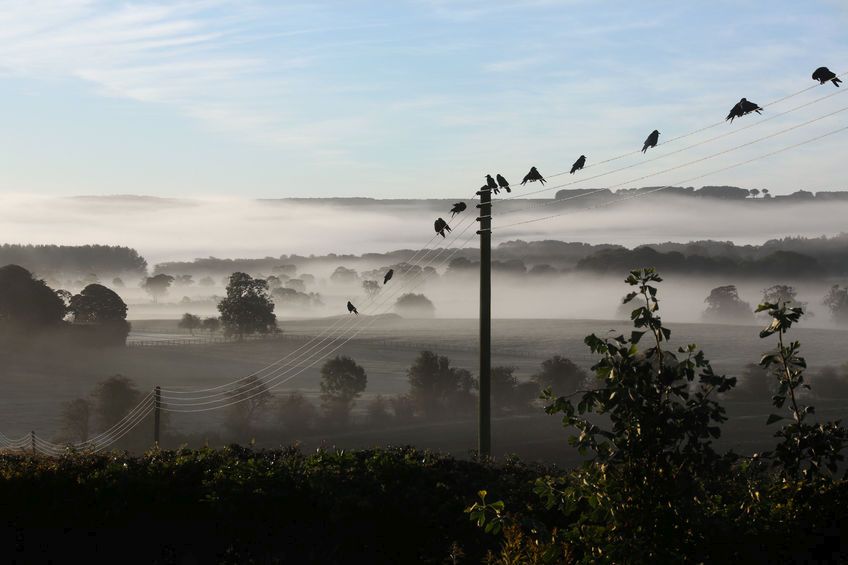
The government has launched a new public survey and review to gather opinion on current general licences to control wild birds.
The aim of the review is to to strike the right balance between the protection of wild birds and the activities of people such as landowners and farmers.
Defra, in partnership with Natural England, have launched a 12-week online survey to gather evidence on the control that stakeholders consider is required under general licence.
This is one strand of the review, with a series of stakeholder workshops also planned to run in parallel.
Environment secretary Theresa Villiers said the survey is an 'important step' in the wider review of general licences.
She said: “I completely understand the scale of interest in this important issue and the real concern of users who need to have confidence in the licensing system.
“I want to encourage users and other interested parties to take part in the process.
“This will help us ensure our licences strike the right balance between the protection of wild birds and the important actions users need to take to protect livestock or crops, and for conservation purposes.”
On 25 April, following a legal challenge by Wild Justice, Natural England revoked three general licences which enabled users to kill or take certain species of wild birds (GL04, 05 and 06).
The general licences subsequently issued by Defra included to conserve wild birds and flora or fauna (GL34); preserve public health or public safety (GL35); and prevent serious damage to livestock (GL36).
The survey will focus on the purposes covered by these three licences. All information submitted will be considered alongside evidence received during a shorter call for evidence held in spring which highlighted some areas where evidence is currently lacking.
In parallel with the survey, Defra and Natural England will be conducting a series of workshops with interested groups in the autumn, covering particular topics such as activity on protected sites.
